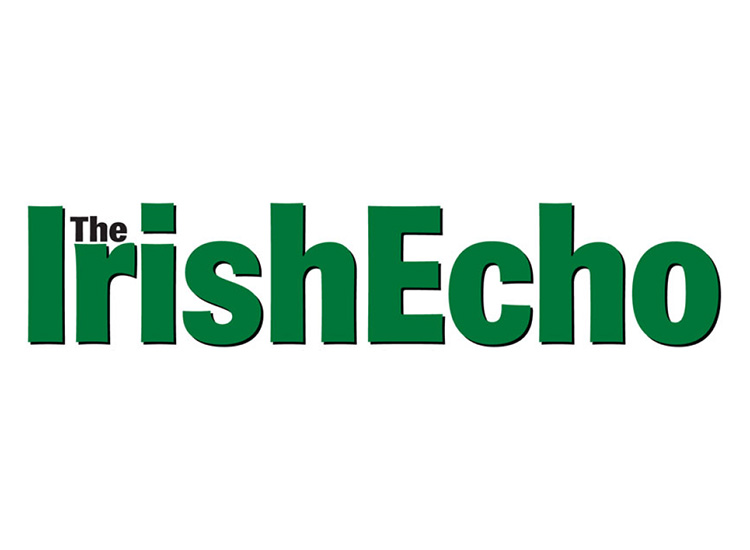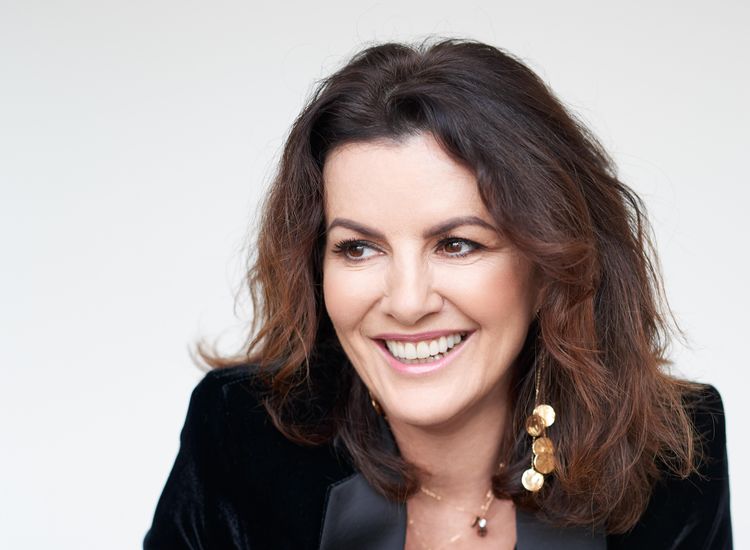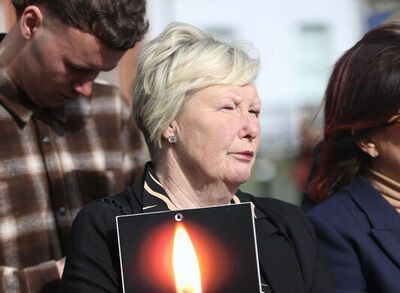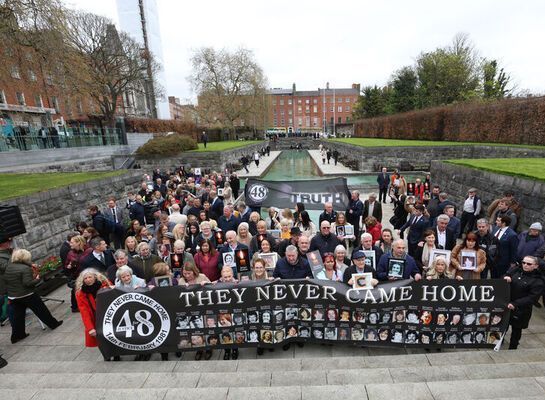The one thing that Irish government can always rely upon, in good times and not so good, is a welcome mat in America.
So Taoiseach Enda Kenny and Tanaiste Eamon Gilmore can look forward to warm words and handshakes during their U.S. visit this week.
They leave in their wake, however, a Europe not only in the grip of a meteorological deep freeze, but an economic one too, this in a winter of discontent where austerity has replaced flu as the word that people least want to hear uttered.
Mr. Kenny, among his other engagements, will be meeting a group of leading business figures who might have to do a little advance checking on the background of the Irish leader, his government, and his country.
Courtesy of former president Bill Clinton, the taoiseach is being introduced to these influential figures on the basis that they may be of assistance to Ireland in its hour of need.
Not for the first time, then, has Bill Clinton stepped onto the Irish stage in a white knight role.
There is in this meeting at New York University, and other encounters, the potential down the road for a little pumping up of the Irish economy, a dose of non-austerity, a needed boost both psychological and practical.
This has long been the promise of America in Irish eyes, and an ace up the Irish sleeve that can run counter to the lately rather grim visage of Europe and the so-called Troika, the three-pronged grouping that is underpinning the Irish bailout.
The Irish government, a two party coalition headed by Kenny and Gilmore, has been working hard to impress the troika with a program of cuts and savings that can be summed up in that now all too familiar "a" word.
But, while they are on U.S. soil, Kenny and Gilmore, if things pan out, might be allowed to think in more expansive terms for a day or two.
They might also want to consider a widespread view on this side of the Atlantic that the penny pinching lately so popular in European capitals might not be the longer term solution to Europe's, and Ireland's, current economic woes.
Take, for examplpe, these lines from an editorial last week in the New York Times: "European Union leaders failed on Monday to move forward on their most urgent task: increasing the bailout fund to protect Europe's ailing economies from defaulting on their bonds.
"Instead, leaders of 25 of 27 European countries agreed to sign a new fiscal compact that will legally restrict them from fighting recessions with robust fiscal stimulus. Most economists outside the euro zone consider this approach a dangerous one. Those countries account for more than 20 percent of the world's economy. Condemning them to longer and deeper recessions will drag down economies elsewhere that depend on trade, from the United States to China."
"Without a bigger bailout fund, investors will likely keep betting against weakened economies like Italy and Spain, pushing up their interest costs and, consequently, adding to their deficits. Nevertheless, Europe's leaders deferred action on more money until March. Market speculators may not agree to wait."
"Poor German leadership in this crisis has exacted an increasing economic and social price from Greece, Ireland, Portugal, Spain, Italy, Belgium and France. The longer Germany insists on putting fiscal austerity ahead of growth, the more likely it becomes that Germany, too, will suffer economic pain."
This is just one view of course, but Ireland was one of those 25 countries (only Britain and the Czech Republic demurred).
Still, it is yet worth considering Ireland's arguably unique situation, it being a small economy on Europe's western fringe, though one with a relatively significant and, dare we say, special, connection to the United States.
The Irish government, Kenny and Gilmore to the fore, may well be able to present a face of unblinking fiscal rectitude to Europe, the troika and so forth, even as it seeks, this week and beyond, a more stimulating input from its American friends, old and new. We shall see.










